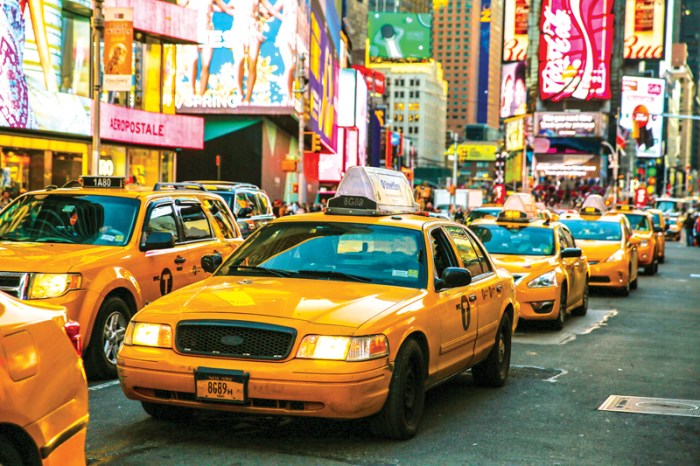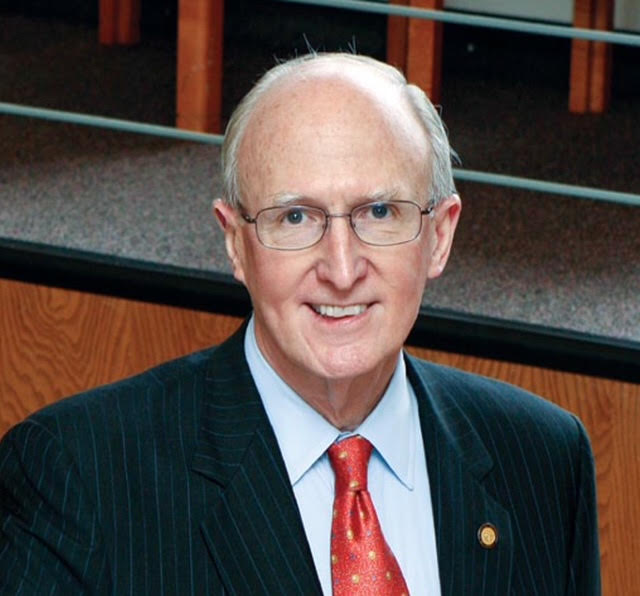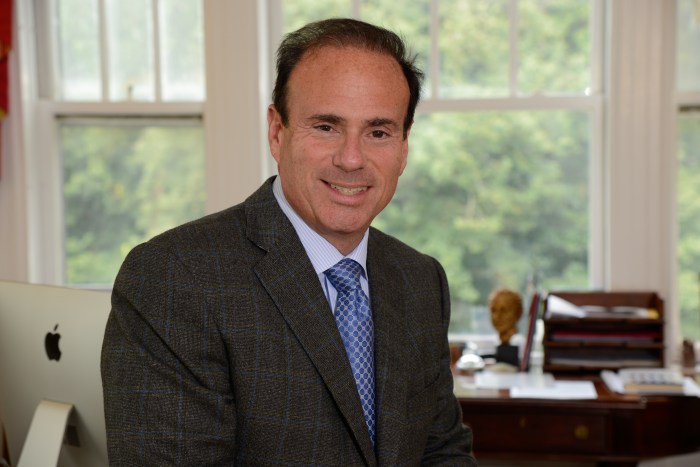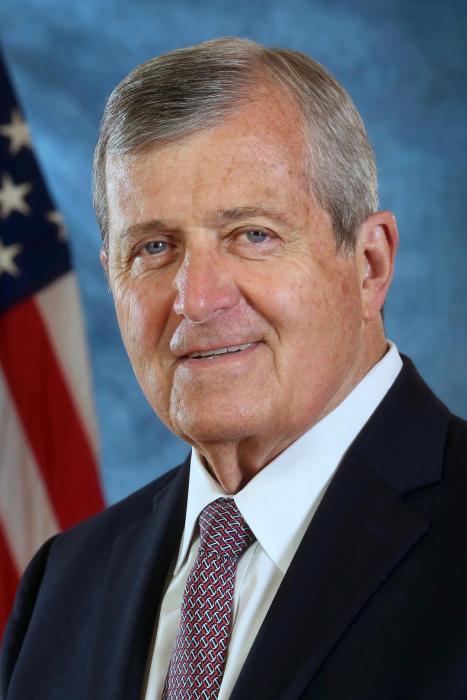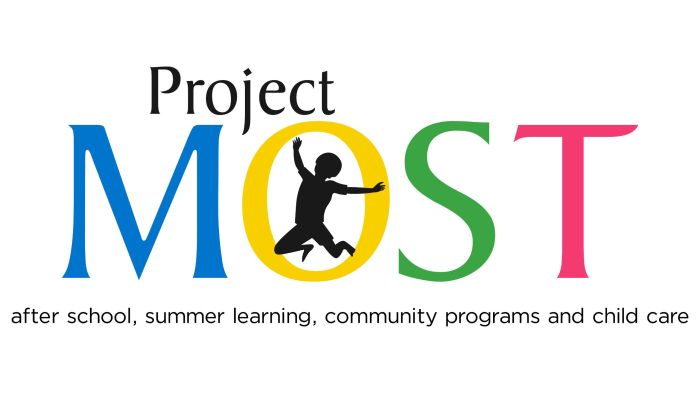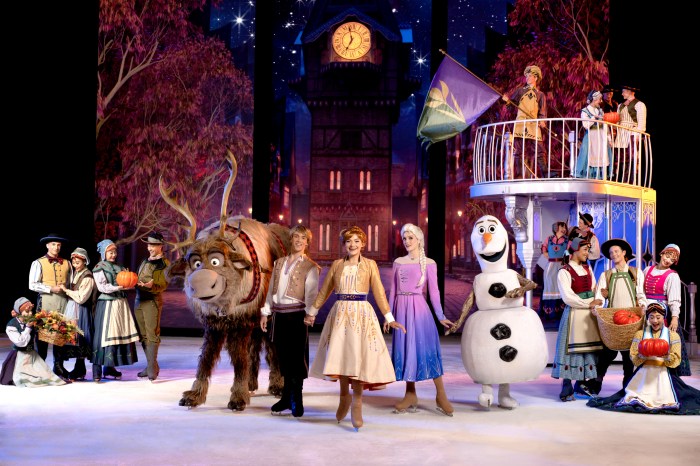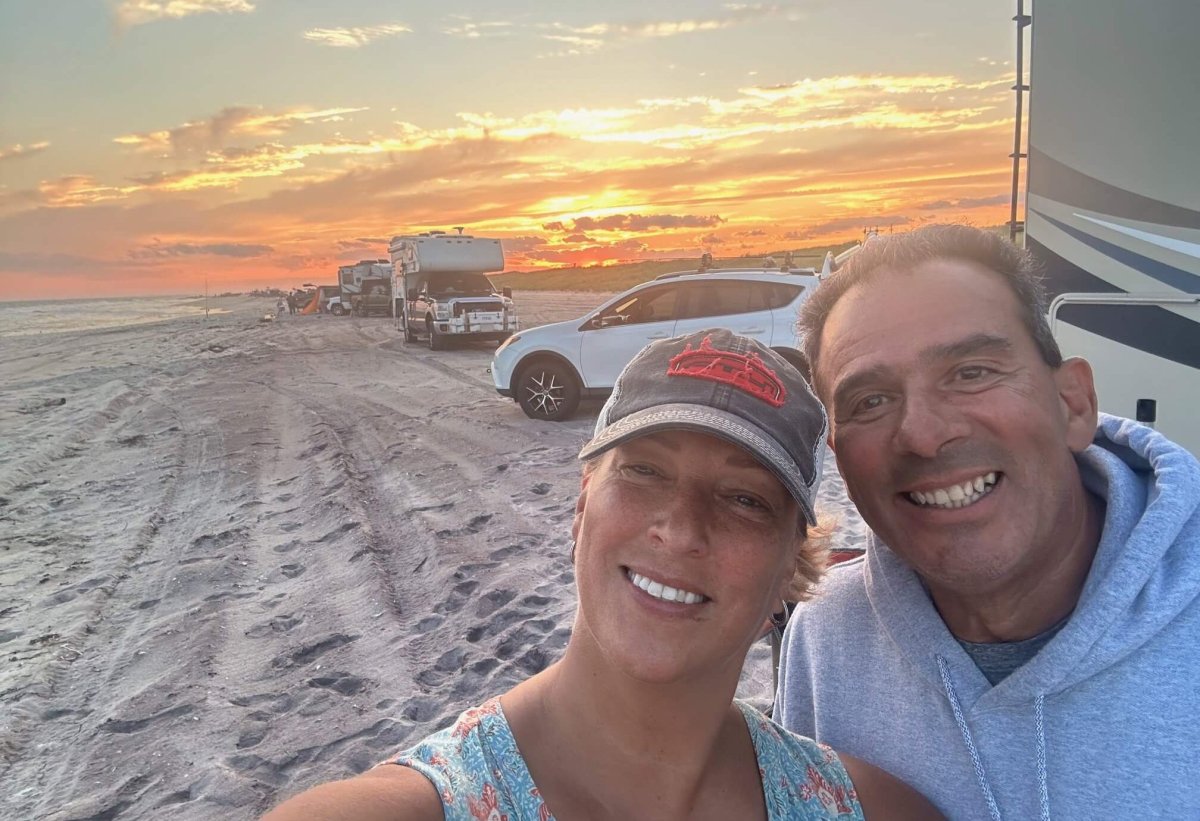By Emily Milgrim
Kids of all ages and their parents rely on and look forward to extracurricular and afterschool activities at the end of each school day.
From art classes, to varsity sports, to preparing for a school play, to volunteering for a charitable organization, there is an activity for every type of child.
However, with COVID-19 constantly changing the state of schooling, a common (and unanswered) question is: how will this affect our children’s afterschool activities?
Activities and programs provide many important life skills and benefits to kids. They develop leadership skills, create a sense of group responsibility, engage in physical exercise, reinforce educational lessons and more.
The National Center For Education Statistics published a study that stated, “Recent research suggests that participation in extracurricular activities may increase students’ sense of engagement or attachment to their school, and thereby decrease the likelihood of school failure and dropping out.”
For these reasons, many parents choose to enroll their kids in one or more programs or activities. For many parents,these are necessary to keep their kids busy while they finish their work day or complete other tasks.
From a young age, children begin forming attachments with specific extracurricular activities. Along with this connection comes a bond to the people and places that they do it in.
For me, this activity was dance. I loved going to dance class, playing a dance-themed game with friends, and I continued to pursue this passion throughout high school at a varsity level.
If children are not able to attend extracurricular activities, due to COVID-19 concerns, this may damage this cycle of teaching crucial life skills while providing a safe space for children beyond the classroom.
So, what might these activities look like in a coronavirus world? Contact sports may be halted indefinitely due to the concern that they cannot be played with face-coverings, and that players cannot maintain social distance.
However, afterschool academic programs or art classes may be permitted due to the possibility of keeping a mask on for the entirety of the activity and having the ability to keep children socially distant. Some activities fall into the gray area between safe and risky, such as volunteer organizations, Scout troops, and theatre programs. Because each afterschool activity is unique, it is easy to imagine some continuing safely, while others being paused altogether.
Aside from disappointing students, the delay of many extracurricular activities due to COVID-19 can be harmful to kids’ development and parents’ work schedules.
While many extracurriculars seem like mindless fun, in reality, they provide so many benefits. With the uncertainty of the 2020-21 school year comes the uncertainty of extracurriculars as well, for better or for worse.
—Emily Milgrim is a student at Schreiber High School in Port Washington



